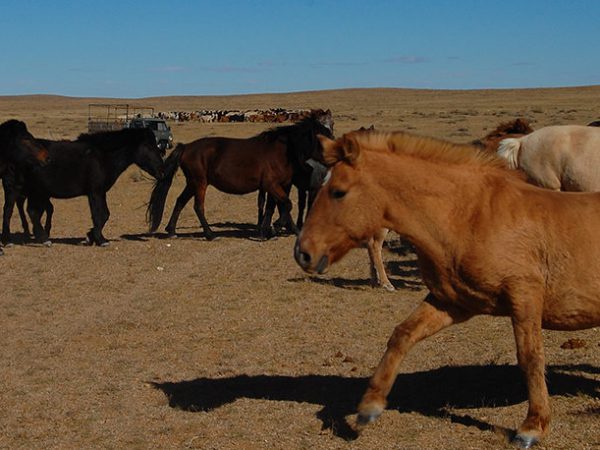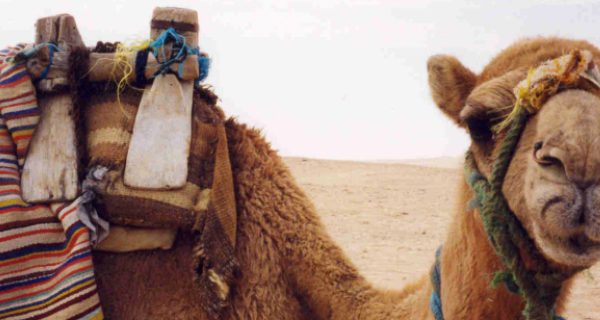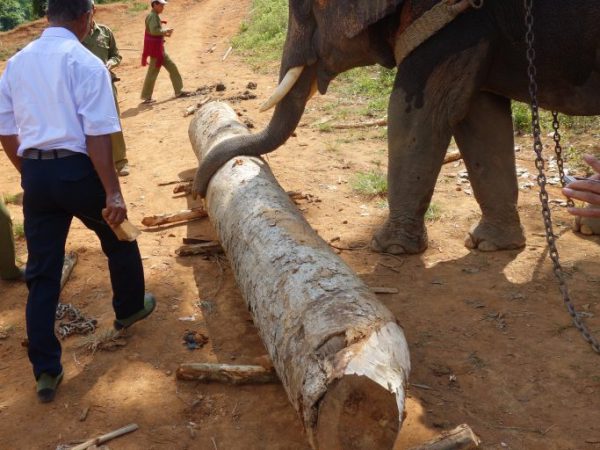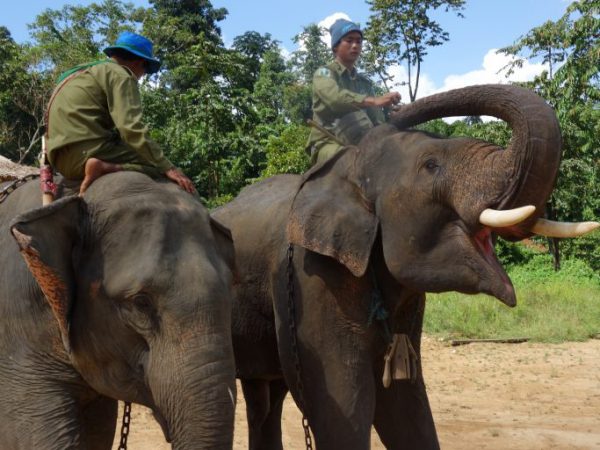You may also be interested in

Did you realise how important animals are in Mongolia?
Discover just how vital animals are in this unique country and how we're working hard to protect them.

Caring for camels in India
We have funded a mobile clinic to provide free treatment for working camels in Rajasthan, India.

Did you realise how important animals are in Mongolia?
Discover just how vital animals are in this unique country and how we're working hard to protect them.

Caring for camels in India
We have funded a mobile clinic to provide free treatment for working camels in Rajasthan, India.


